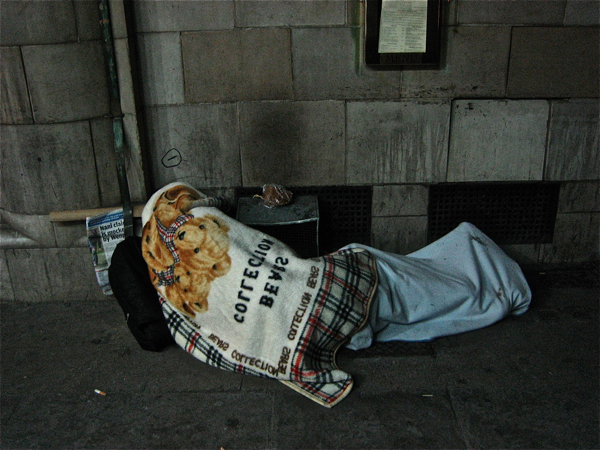 |
| DONALD MAASS photographed by Richard Mabry |
Donald Maass on the Writer Unblocked Blog wrote about the evolution of a character: the growth they make, and their transformation during the course of the novel.
Create challenges, and obstacles (internal or external) which make achieving the goal difficult: this is not news.
Donald Maass made the observation that for the transformation to have meaning, the character must mean something in the first place.
The questions he said to ask your main character are soul-searching. I found today was an ideal day to ask them of myself:
- Why do you matter?
- To whom do you matter?
- How would the world be poorer if you weren't in it?
- What are you better at than anyone else?
- What do you see or understand that no one else does?
- What was the last thing you learned?
- What was the last thing you learned about yourself?
- What is the worst thing about this moment? What’s the best?
It is hard to live up to the expectations we have of our fictional characters.
When you've finished self-examination, Donald Maass suggests picking several points in your story where your character gets to answer, on the page, the questions above. You are measuring your character’s development so the answers should be different each time.
It is good job no one is taking a taking the measure of me, I'm afraid I still have some growing to do. With the first three questions in mind, my New Year's Resolutions have a very focussed feel.















